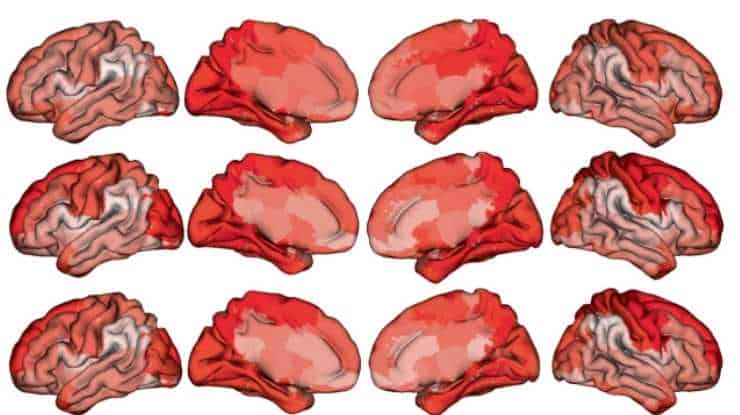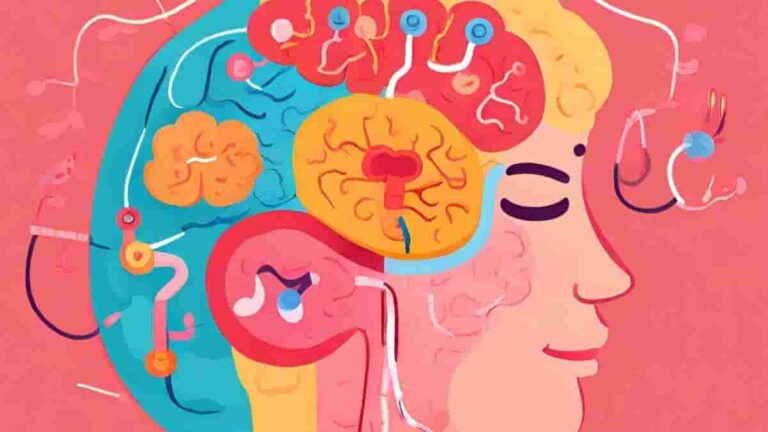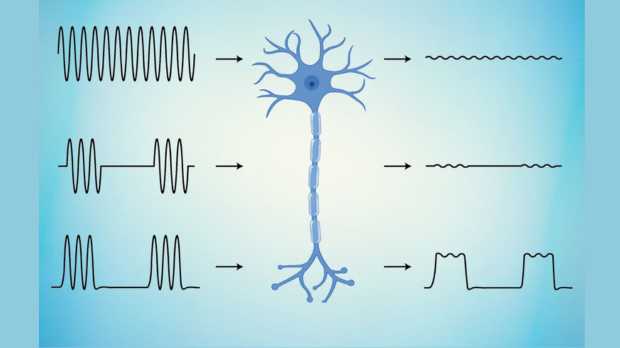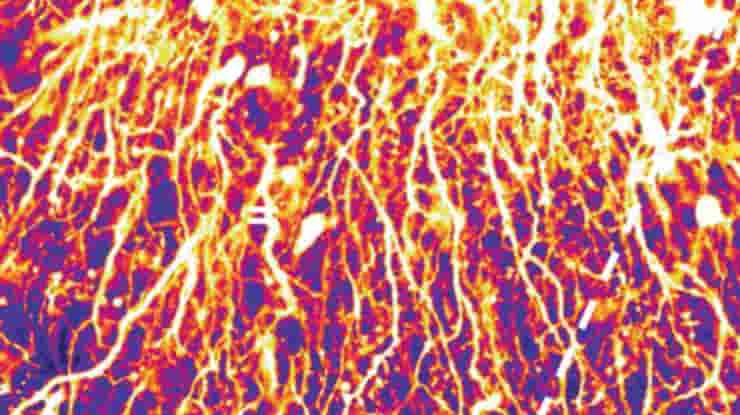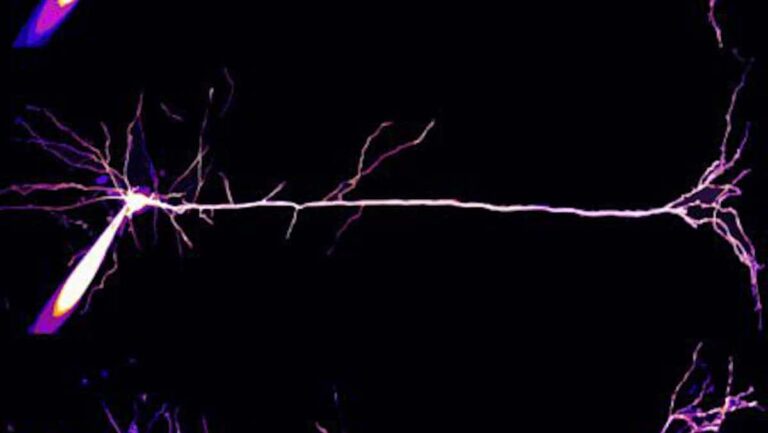A new study by Yale researchers provides insight into how the developing brains of infants function and alter over time, as well as how preterm delivery can interfere with these processes. The results, according to the researchers, may help identify therapies for neurodevelopmental disorders that involve abnormal developmental trajectories. The purpose of the study was…
Category: Neuroscience
During Menstrual Cycle, Memory and Perception Brain Regions Get Rewired
Sex hormones cause changes in central learning and memory hubs, a new study has found. Rachel Zsido and Julia Sacher of the Max Planck Institute for Human Cognitive and Brain Sciences and the University Clinic in Leipzig, Germany, published the study that links rhythmic oscillations in ovarian hormone levels in women during the menstrual cycle…
Atlas of Human Brain Cells Unveilled
As part of a larger collaboration with research teams from around the world, Salk Institute researchers analyzed more than 500,000 brain cells from three human brains to create an atlas of hundreds of cell types that make up a human brain in unprecedented detail. The study, published in a special issue of the journal Science,…
Trauma Memories can Reconfigure Brain Networks
Scientists have long wondered about the physical changes in the brain that occur when a new memory is formed. The National Institute for Physiological Sciences (NIPS) has now thrown light on this enthralling neurological conundrum. The research team was successful in detecting the brain neuronal networks involved in trauma memory by combining optical and machine-learning-based…
New Magnetoelectric Metamaterial Can Reconnect Severed Nerves
A new material has been used to precisely stimulate neurons remotely and to bridge the gap in a sciatic nerve in a rat model that has been severed. Researchers have long recognized the therapeutic potential of magnetoelectrics materials that can convert magnetic fields into electric fields to stimulate neural tissue non-invasively and aid in the…
Hippocampus Neurons Act as Brain Glue For Episodic Memories
The development of novel neuroprosthetic devices to assist patients with memory disorders like dementia and Alzheimer’s disease may be greatly aided by the new understanding that scientists have gained into how the brain stores episodic memories, a form of long-term, conscious memory of a prior experience. The new study, led by the University of Glasgow…
3D Printing Technique Shows Promise for Repair of Brain Injuries
A groundbreaking approach developed by academics at the University of Oxford could one day provide personalized repairs for those who have suffered brain damage. For the first time, the researchers proved that neuronal cells may be 3D-printed to imitate the architecture of the cerebral cortex. Brain injuries, including those caused by stroke, trauma, and brain…
How Your Hippocampus Differentiates False Memories from Genuine Ones
Summary: A study from the University of Pennsylvania has found that electrical signals in the human hippocampus differ immediately before recollection of true and false memories. The researchers found that low-frequency activity in the hippocampus decreases as a function of contextual similarity between a falsely recalled word and the target word. This suggests that the…
Upper-layer Pyramidal Neurons are Hyperactive Prior to Degeneration
Summary: A study led by researchers at the Broad Institute of MIT and Harvard has analyzed rare brain tissue samples from 52 living patients with varying degrees of Alzheimer’s-related changes in the brain, including 17 individuals later clinically diagnosed with the disease. The team identified a suite of changes in cells unique to the early…
